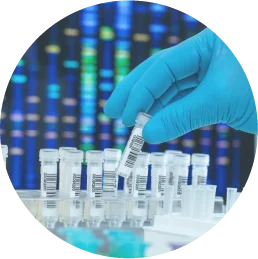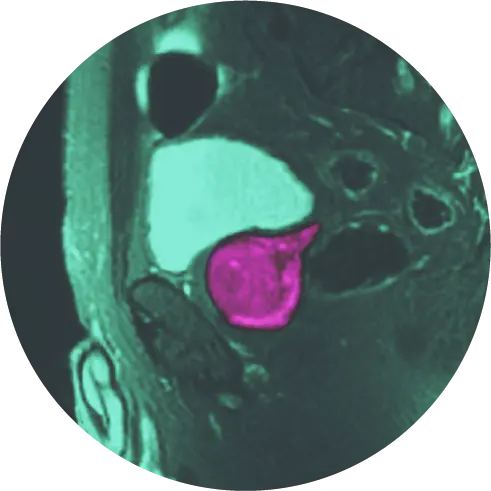After a prostate cancer diagnosis, many people may look back and wonder if they missed any warning signs. It is important to know that prostate cancer usually does not cause any noticeable symptoms.
Most people only experience symptoms if the prostate cancer has advanced or progressed.1 However, there are some common signs that indicate a problem with the prostate. These issues may be related to conditions like an enlarged prostate or an infection. If you notice any of these problems, it is important to report them to your doctor.
Common Prostate Symptoms
Changes in urination habits are the most common signs of a problem with the prostate. This is because the urethra, the tube that carries urine outside the body, runs through the prostate gland. Troubling signs include:2
- Frequent urination (or an increase in frequency)
- A weak or interrupted urine stream
- Straining to urinate or to empty the bladder
- Blood in urine
- Getting up frequently at night to urinate
- Pain or burning when urinating
- Loss of bladder control
Other symptoms like difficulty maintaining an erection, painful ejaculation, or blood in semen could also indicate a problem.
More Advanced Prostate Cancer Symptoms
When prostate cancer is more advanced and may have spread beyond the prostate, additional symptoms could include:
- Fatigue
- Bone pain
- Unexpected or unexplained weight loss
- Changes in bowel habits
Screening Can Help Detect Prostate Cancer at Its Earliest Stages
Prostate cancer is most treatable when it is diagnosed at an earlier stage and the survival rates for localized prostate cancer are nearly 100%.3 The most common way to catch cancer early is through preventative screenings. Screenings are recommended for those who are at high risk for prostate cancer, such as men who have family members with cancer. One example of a screening procedure for prostate cancer is a blood test known as the prostate-specific antigen (PSA) test which you can learn more about here.
Since screening will detect cancer earlier when its most treatable, men should talk to their doctor about when to start PSA tests. Physicians will recommend the starting age and frequency of the test based on personal risk factors like clinical record, lifestyle, race and family history.4
Taking Steps to Staying Healthy
There is no way to completely prevent prostate cancer, but there are ways to reduce your risk. Lifestyle factors like diet, exercise, and smoking habits all play a role in physical health and wellbeing. Choosing healthy foods and getting enough physical activity each week can help you stay healthy. Sleeping enough each night, managing or reducing stress levels, and quitting smoking or smoking less are also important for reducing your cancer risk.
Being proactive about your health and staying aware of the signs of prostate cancer will help you recognize symptoms early, so you can get the proper care you need as soon as possible.
If you have symptoms of prostate cancer or a high-PSA test result, please contact HALO to make an appointment today.
References
- https://www.mayoclinic.org/diseases-conditions/prostate-cancer/symptoms-causes/syc-20353087
- https://www.cancer.net/cancer-types/prostate-cancer/symptoms-and-signs
- https://www.cancer.org/cancer/prostate-cancer/detection-diagnosis-staging/survival-rates.html
- https://www.cancer.org/cancer/prostate-cancer/detection-diagnosis-staging/acs-recommendations.html




